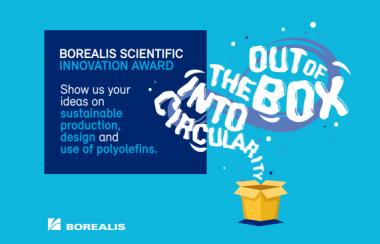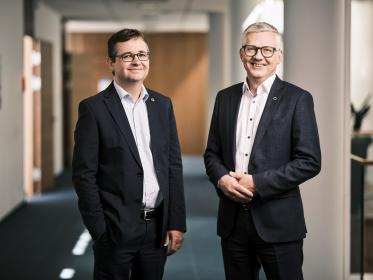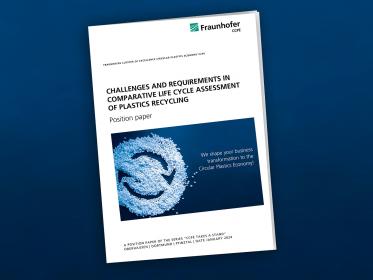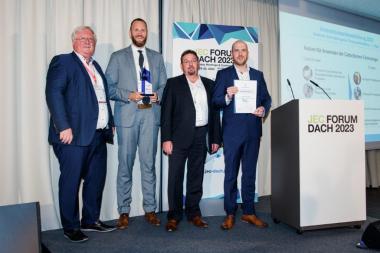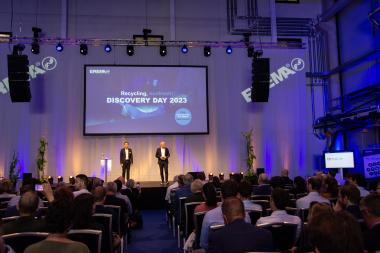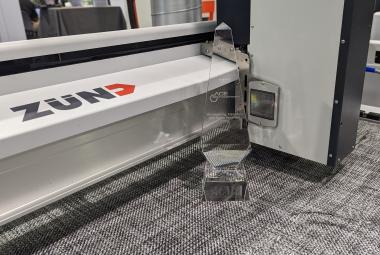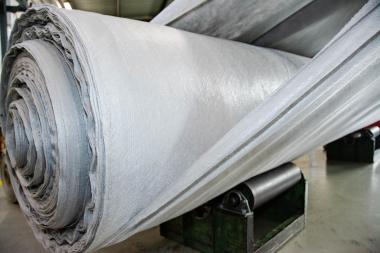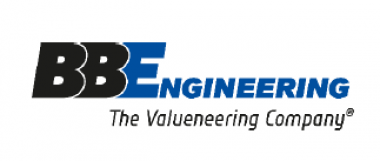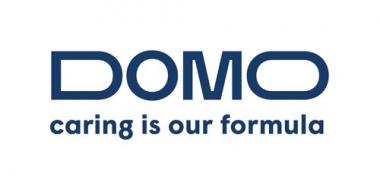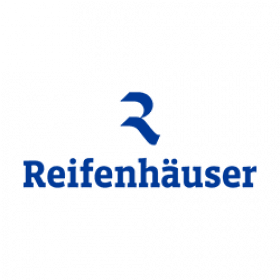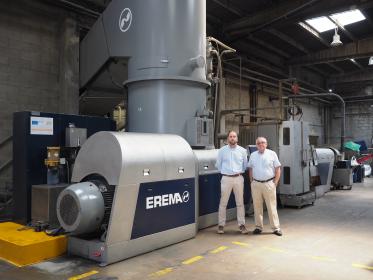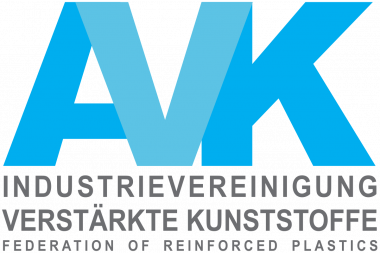Call for Borealis Scientific Innovation Award
Achieving Borealis’ vision of leading a sustainable transformation through innovative plastics and base chemicals solutions to create a fully circular future requires fresh thinking. Through the Borealis Scientific Innovation Awards (BSIA), Borealis provides a platform for ideas that accelerate the circular transformation and encourages the dedication and diligence needed to drive sustainable progress.
This year, the BSIA will recognize peer-reviewed publications or theses (publication paper, Bachelor, Master, PHD, Postdoc) that describe an innovative idea within the focus area of new solutions for the sustainable production and use of plastics. This includes e.g. new catalysts, energy efficient polymerization processes, recycling of polymers and polymeric materials for energy transformation.
The call for submissions is open thinkers from the professional and academic scientific communities, from entrepreneurs, engineers, chemical engineers and start-ups to university researchers. Applicants can submit their peer-reviewed publication or theses (publication paper, Bachelor, Master, PHD, Postdoc) until September 15, 2024 via the Borealis website.
Upon submission, a panel of Borealis research representatives will review the applications and select three winners. The awardees will be invited to present their work in person at an award ceremony at the Borealis Innovation Headquarters in Linz, Austria.
The awards consist of a certificate, a cash prize (EUR 5,000 for first place, EUR 2,000 for second place, and EUR 1,000 for third place), a Borealis-funded trip to Linz, Austria and, of course, the invaluable opportunity for exposure and networking.
Borealis


